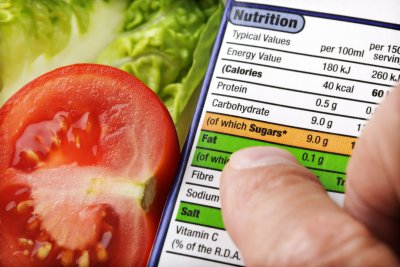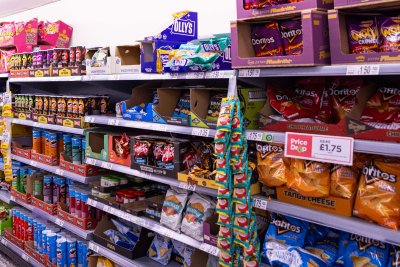Malcolm Clark, co-ordinator of the Children’s Food Campaign, responded to the news:
“The government’s scrapping of Public Health England’s recommendations on sugar reduction looks like deplorable complacency in the face of a health epidemic. We hope this will not turn out to be an anti-science government. But so far it has chosen to ditch the publication of an evidence review, produced by academics, on possible marketing and fiscal measures to help people reduce their sugar consumption. It has refused to listen to the mass of evidence supporting a sugary drinks duty. It has not apparently heeded the lessons that made food promotion so ill-suited to be dealt with through voluntary agreements. And it is ignoring repeated calls by doctors, dentists and other public health experts to close loopholes in the rules that currently allow the marketing of unhealthy food to children.”
“There is only so long the government can stick its fingers in its ears and ignore the scale of the problem. For the sake of the nation’s health and the NHS’s budgets, a different approach, with robust measures and regulation, is needed.”
Notes:
1) Grocer article, 13 July 2015, ‘PHE sugar report held back in favour of wider obesity strategy’
2) The Children's Food Campaign will shortly be publishing a report which reveals how the Government's voluntary approach has failed to change the marketing practices of food and drink companies to better reflect public health goals. Food Promotion: the pillar that never got built uses the Department of Health's own documents to expose food promotion's fate within the Responsibility Deal. It shows how the original good intentions to restrict junk food marketing failed; what went undelivered; and why so little progress was made.
Children's Food Campaign: Campaigning for policy changes so that all children can easily eat sustainable and healthy food.








